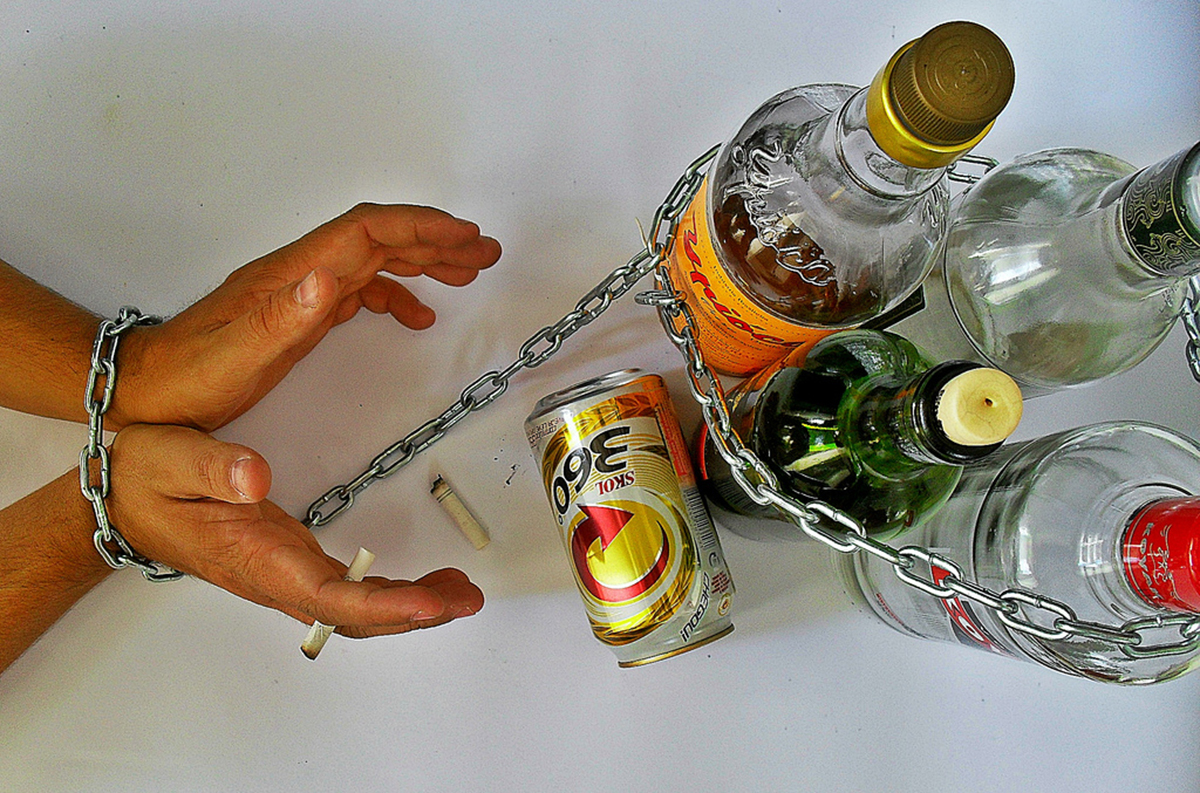Table of Contents
Everybody has heard stories about how red wine is good for your health.
One of the major claims for red wine is that it contains resveratrol, a naturally occurring antioxidant plant chemical in a class of antioxidant plant chemicals known as phenols. Grapes, blueberries, raspberries, mulberries, lingonberries, and the seeds of the Senna plant, used to make laxatives, make resveratrol to repair injuries when the fruit is bruised. If resveratrol can help a plant live longer, the theory goes, it ought to help humans live longer, too. On that basis, many people drink red wine. But does it really work?
If Alcohol Is Good for You, It Isn't Due to Its Plant Chemicals
In 2013 and 2014, Dr. Scott Turner of the Georgetown University Medical Center of Washington, DC gave 119 people with moderate to advanced Alzheimer disease either a resveratrol tablet or a placebo every day. Sure enough, the dementia patients who got resveratrol showed fewer symptoms of memory loss and, unlike the patients getting the placebo, their blood work results at least didn't get worse. There's just one catch to using red wine to stop Alzheimer disease. To get as much resveratrol as the patients received in the study, you would have to chug down 1,000 bottles a day.

But Don't Healthy Alcoholic Drinks Prevent Heart Disease?
In the 1980's, researchers noticed a pattern in heart disease that they labeled the French paradox. French people ate large amounts of butter, lard, and other forms of animal fat, but had lower rates of death from cardiovascular disease. What could possibly account for the relatively better cardiovascular health of people in France? Well, it couldn't be that cholesterol in your diet doesn't necessarily translate into cholesterol in your arteries, because that was a sacred tenet of the research of the time. It had to be that French people got some kind of benefit from drinking lots of alcohol, one or two drinks with dinner nearly every day.
READ Antibiotics & Alcohol: The Truth And Myths
However, researchers also noticed that the exact opposite pattern occurred in Russia. The life expectancy of Russians rose two years in just a single year after Mikhail Gorbachev announced a national drive against drinking. Maybe French people had less heart disease with more drinking, but Russian people had more. What could be the difference? Researchers noticed that:
- French people tended to have one or two drinks every day, while Russian people tended to binge drink on the weekends.
- French people drank wine, while Russian people drank vodka.
Fifteen studies that followed 300,000 people for twelve years found that consuming more than four drinks a day canceled out any benefits of alcohol. It was only in 2016, however, that researchers began to get solid data explaining why people who don't drink anything at all also have higher levels of heart disease, especially lower levels of the "good" cholesterol HDL. Pennsylvania State University researcher Dr. Shue Yuang and her colleagues followed 80,000 people in China for six years. Those who drank once or twice a day maintained higher levels of HDL cholesterol than those who drank more than twice a day or who didn't drink at all.
- Turner RS, Thomas RG, Craft S, van Dyck CH, Mintzer J, Reynolds BA, Brewer JB, Rissman RA, Raman R, Aisen PS
- Alzheimer's Disease Cooperative Study. A randomized, double-blind, placebo-controlled trial of resveratrol for Alzheimer disease. Neurology. 2015 Oct 20. 85(16):1383-91. doi: 10.1212/WNL.0000000000002035. PMID: 26362286.
- Photo courtesy of Kimery Davis: www.flickr.com/photos/117025355@N05/12429334035/
- Photo courtesy of imagensevangelicas: www.flickr.com/photos/imagensevangelicas/6339939875/
- Photo courtesy of Kimery Davis: www.flickr.com/photos/117025355@N05/12429334035/


Your thoughts on this